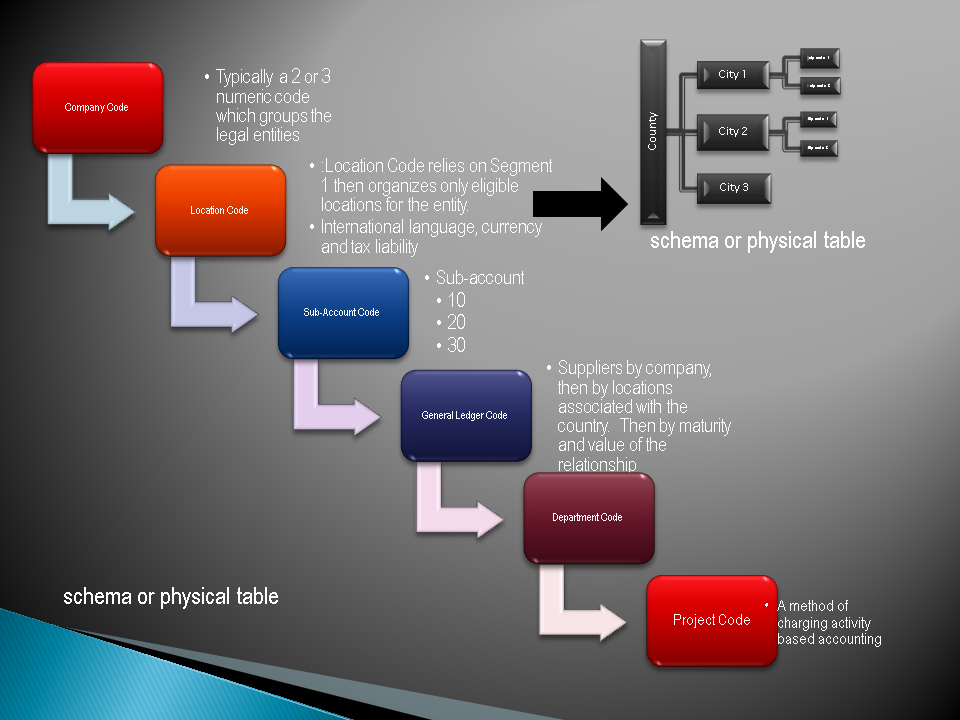Only when we understand the vectors and variables will we begin to eradicate poverty and become more equal.
Technology Transfer - Financing Projects derived from programs crafted from portfolios, rather than funding development enable the tools for free. What if we partnered with Major Accounting software suppliers to supply the financing processes as part of a service to local populations we want to bring out of poverty. The transition from nothing to sustainable needs to be easy and intuitive, not like we experience today in the developed world. Its far easier to walk across the desert than to use most of the technologies as they are today.
Implementation (the how for states and local government or NGO's)
1. Aid processes are not MDG - based Development partners should affirm the MDGs as the operational objective of the development system, with country-level MDG-based poverty reduction strategies as the anchoring process for development support, based on needs.
2. Support strategies are inadequately differentiated by country need Development partners should differentiate support by country needs, whether for budget support, emergency assistance, or simply technical support.
3. Development is a long-term process, but short-run processes dominate Development partners should support countries to put forward 3- to 5-year MDG-based poverty reduction strategies that are anchored in a 10-year needs-based framework through 2015. In conflict countries, a shorter time frame may be more appropriate. Technical support
4. Technical support is not adequate for scaling up to the MDGs Technical support should focus on supporting governments to develop and implement nationally owned MDG-based poverty reduction strategies.
5. Multilateral agencies are inadequately coordinated The UN Resident Coordinator system should be dramatically strengthened to coordinate agencies’ technical contributions to the MDG-based poverty reduction strategies. Development finance
6. Development finance is not needs-based or set to meet the MDGs ODA should be set by the MDG financing gaps outlined in the MDG-based poverty reduction strategies. For many well governed low-income countries, this will imply a substantial increase in ODA and funding of recurrent costs.
7. Debt relief is not alignedwith the MDGs “Debt sustainability,” particularly Paris Club debt, should be evaluated as the debt level consistent with countries achieving the MDGs. This will imply a dramatic acceleration of debt relief for many heavily indebted countries.
8. Development finance is of very poor quality For well governed countries, a much larger share of ODA should take the form of budget support. For all developing countries, donor agencies should also follow through on their commitments outlined in the Rome harmonization agenda.